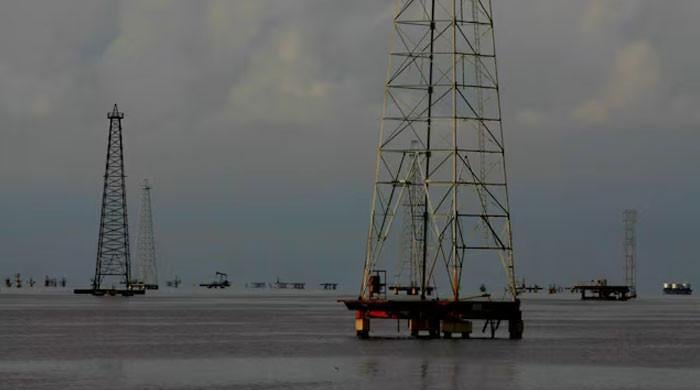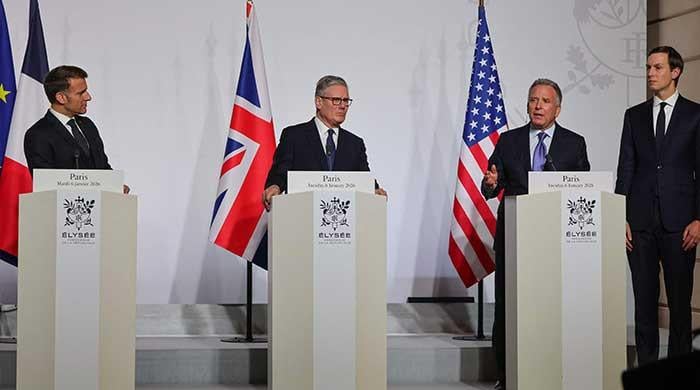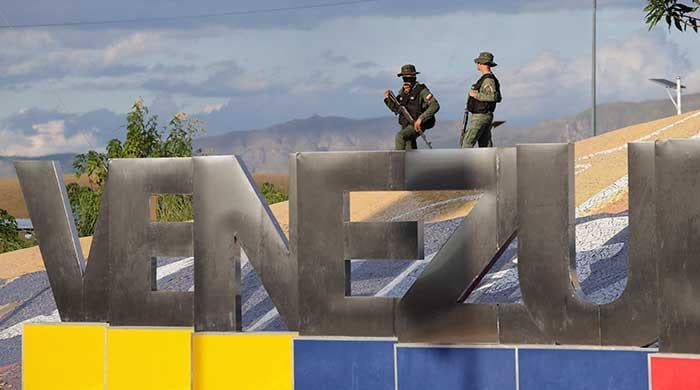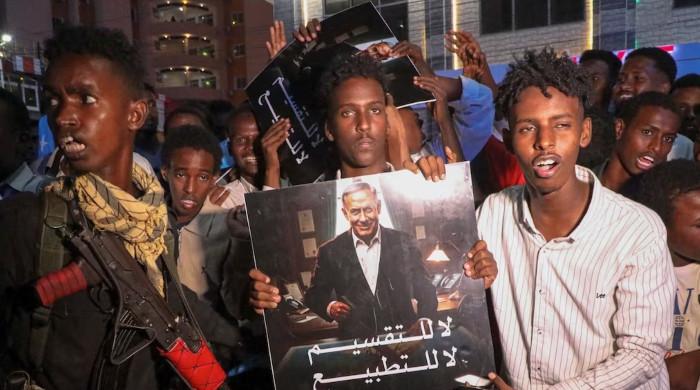Fighting back: Palestinian bloggers promote tourism as an act of defiance
Tourism reminds the world that Palestinians own this land, says Ahlan Palestine founder Malak Hassan
July 10, 2021
The reality for Palestinians is occupation, Malak Hassan tells Geo.tv over the phone. But she says they try to show the world that there’s another side to them, other than occupation and violence.
"Tourism reminds the world that Palestinians own this land. And it reminds Palestinians that they have a land to return back to,” Hassan said.
Hassan is one of two women travel bloggers – the other, Bisan Alhajhasan – who last year founded 'Ahlan Palestine', a blog that aims to promote tourism in the West Bank and Gaza as an act of defiance.
Till now, encouraging tourism has been essential for Israel, through which it aims to legitimise its illegal rule over Palestinian territories.
But the Palestinians are fighting back. “We are showing that we exist,” Hassan said, “Especially at a time when Israel is trying to push forward a narrative that Palestinians are not indigenous to the land.”
Touring Palestine
Over the years, Hassan and Alhajhasan have traveled across Palestinian territories, touring and documenting the lush green mountains of West Bank’s Ramallah city to the historical Jericho, known as one of the oldest cities in the world.
When asked what the bloggers' favourite spots to visit were, Hassan said it would be any of the water destinations. “We have many such [destinations] in Palestine in the form of natural water springs.”
Alhajhasan was a bit more indecisive. “We’ve filmed many stunningly beautiful places that are all very special. However, the villages surrounding Ramallah and Bethlehem are my favourite.”
She added that Wadi Al Makhrour, an area around Bethlehem, has beautiful, quiet and secluded mountains which are a must-attempt for hikers.
Tourism under occupation
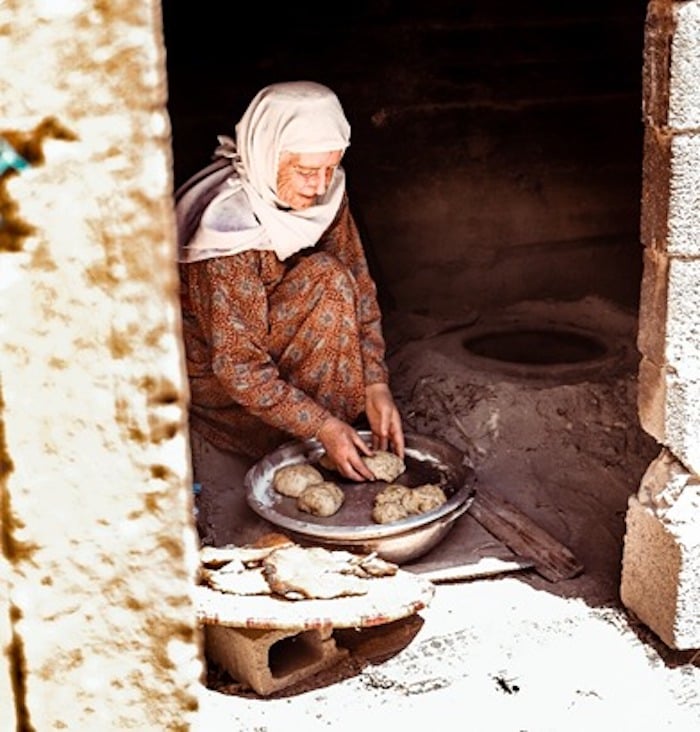
But encouraging tourists to visit Palestinian territories has its fair share of challenges, especially when a large part of the land has been occupied by Israel.
Also now, Alhajhasan said, the Israeli settlers are growing. “Checkpoints are sometimes blocked,” she explained, “Once when we were just sitting near a spring water point in my village, settlers asked us to leave. We cannot even use drones to take pictures of our cities because the Israeli forces do not allow it.”
The olive season
Even planting and harvesting olives, which is of both economic and cultural significance to Palestinians, has come under attack.
Olives are one of the main sources of agricultural income in Palestinian territories. As per the United Nations, 45% of agricultural land in the West Bank and Gaza is planted with olive trees.
Olive cultivation is also a defining element of the Palestinian identity.
Palestinians consider olive trees as a symbolic token of peace and prosperity. The harvesting season brings Palestinians together, fostering a sense of community. But for the Israeli forces, even olive trees are a threat.
“They [the trees] are often guarded by the Israeli military. One time, soldiers set fire to really old olive trees,” Alhajhasan said.
An alternative reality and the way forward
The Ahlan Palestine blog is not just for outsiders, it also aims to reduce the feeling of helplessness in Palestine.
“Violence and restrictions have a huge impact on the mental health of Palestinians living in occupied areas,” Alhajhasan explained, “We also encourage Palestinian families to leave their home and go out to explore their beautiful country.”
As for now, the two bloggers are doing their part, fighting in the way they know best, especially in the age of information.
But are they hopeful of a peaceful resolution of the Israel-Palestinian conflict?
“I’m not very optimistic,” Alhajhasan said, “Illegal settlements are expanding around the West Bank and there is even more brutality towards us. We just continue to live.”





